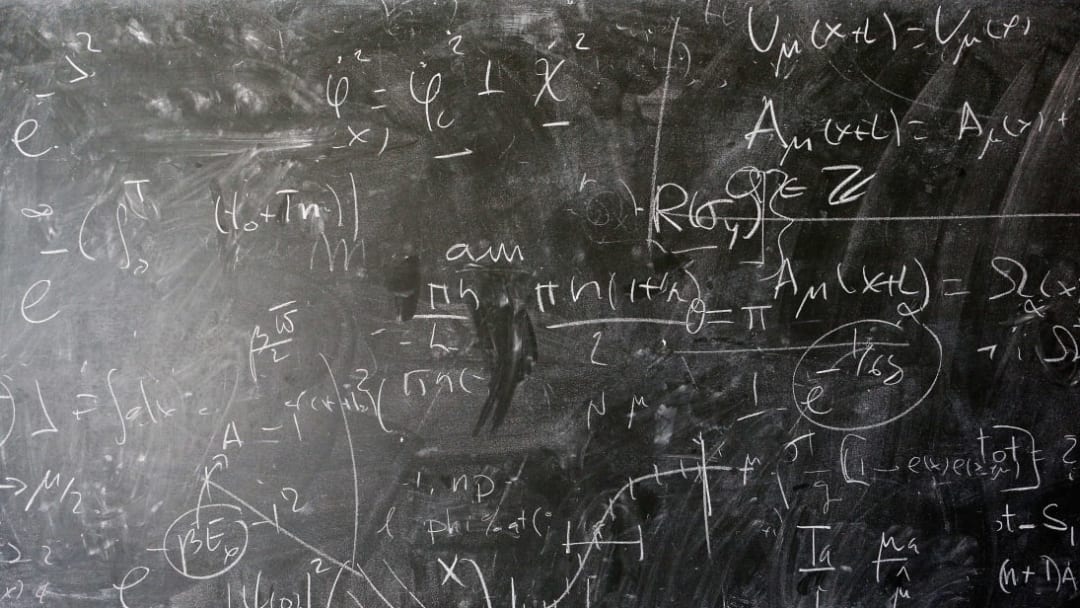

Dan Falk
Joined: Dec 17, 2015
Dan Falk is a science journalist based in Toronto. His books include The Science of Shakespeare and In Search of Time.


The Science Behind Why the Earth Isn't Flat

What Is a Scientific Theory?

How Real-Life Science Inspired Mary Shelley's Frankenstein
Why Your Christmas Lights Always Get Tangled, According to Science
We turned to mathematicians, physicists, and engineers to find out why the lights are so frustrating—and how to improve them.
Astronomers Observe a New Kind of Massive Cosmic Collision for the First Time
"For me, it feels like the dawning of a next era in astrophysics."
5 Things We Know About Gravitational Waves—And 2 That Are a Mystery
Astronomers once again detected ripples in the fabric of space-time.
Astronomers Will Soon Have the First-Ever Picture of a Black Hole
“We might see a crescent, brightened on one side—or a bipolar, jet-like structure. We honestly don’t know.”
Everything You Ever Wanted to Know About Black Holes
They’re probably the weirdest—and certainly the most puzzling—objects in the universe. Peer over the event horizon with us.
The Top 10 Science Stories of 2016
It's been a big year.
Have We Detected Hundreds of Signals From Extraterrestrial Life?
The astronomical community is reacting with measured skepticism to a new paper making bold claims.
15 Swinging Facts About Léon Foucault (and His Pendulum)
7. He was chummy with Napoleon III.
Astronomers Discover Milky Way–Sized Galaxy That's 99.99% Dark Matter
A mere 100th of 1 percent of the galaxy Dragonfly 44 is made up of ordinary matter.
Physicists Believe They've Discovered a Fifth Fundamental Force of the Universe
If the discovery holds up, it will radically shake up what we know about the workings of the universe.
15 Geodesic Facts About Buckminster Fuller
Born on this day in 1895, Bucky had an enormous impact that is still felt today.
Scientists Set to Model the Universe With 'Full' Theory of General Relativity
If you want to calculate how gravity shapes the universe, then Einstein’s got the equations for you—he set them down 100 years ago in his masterpiece, the general theory of relativity. But there’s a catch: Those equations are notoriously difficult to solv